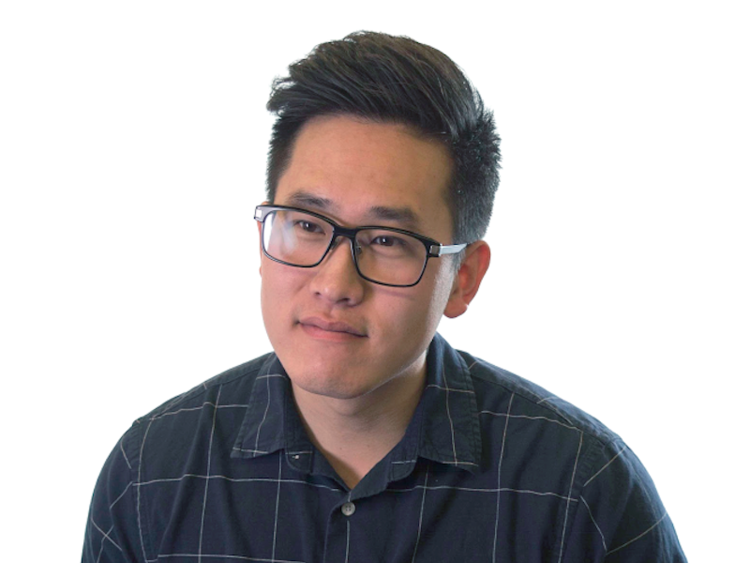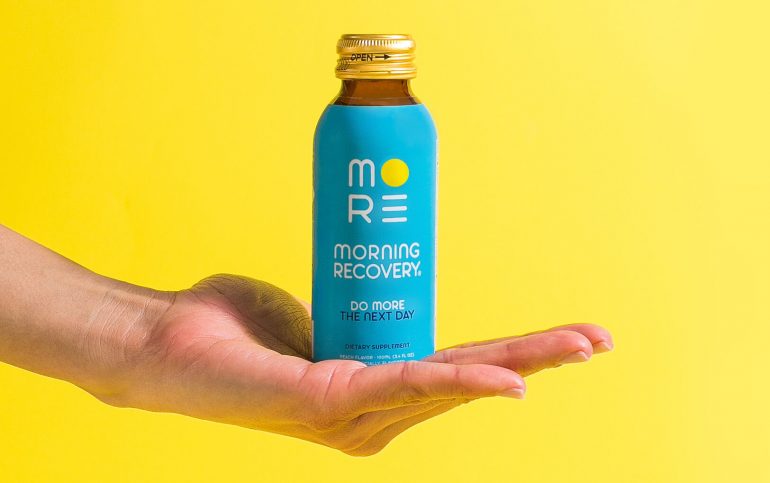Many of your friends probably have their own hangover concoction they swear by, but one company is working to be the real deal. Morning Recovery — a drink founded by a University of Waterloo grad and ex-Tesla engineer promising to cure your hangover — has announced a Series A of $10 million CAD ($8 million USD) at a $42 million CAD ($33 million USD) valuation.
The round for the LA-based company includes a mix of Canadian angels and US institutional investors, including Facebook head of auto and restaurants Josh Bloom, Soho House chief marketing officer Daniel Habashi, former Rogers chief brand officer Dale Hooper, Compass Rose Advisors managing director David Sculthorpe, Tesla director of growth Praveen Arichandran, Faktory Ventures founder Candice Faktor, and Golden Ventures partner Ameet Shah.
Institutional VCs leading the Series A round include Altos, Strong Ventures, Slow Ventures, R7 Partners, and Thunder Road Capital.
Founder Sisun Lee discovered the drink last year while visiting South Korea and partaking in the country’s infamous party culture; while the locals would go out to drink every day, they would still wake up at 8 a.m. the next day for work with no issues, and told Lee that their secret sauce are hangover drinks — a major market in Japan and Korea that hasn’t found the same hype in North America.
“As a founding team, we decided to sacrifice profitability now and grow very aggressively.”
– Sisun Leee, founder of Morning Recovery
After the Tesla engineer brought hangover drinks back home for his friends in San Francisco, they continually asked where they could get it themselves. That got Lee going down a rabbit hole of research into the science behind the drink, where he discovered a paper by UCLA and USC professor Dr. Jing Liang, who was studying herbal remedies for hangovers. Liang found that DHM, which can be extracted from the Hovenia Dulcis tree found in Asia, can support the body’s metabolism after drinking alcohol (Liang is now an advisor to the company).
Lee took the DHM powder that Liang developed, tested the solution itself with several nights of hard drinking, and had his own friends test the mysterious powder themselves. After a positive experience, Lee got Liang’s permission to take the powder and manufacture it into a drink.
“We placed an order to make 500 of these bottles, and we called it The Hangover Drink. We had no understanding of liability or the FDA, it was more of, we just tried to make it legitimate looking and try to get this in the hands of as many people as possible and get their feedback. Maybe we’ll just over our head and it really doesn’t work, but we wanted to believe in it,” he said. “It was also just fun to work on something like this that was not software-based.”
Ameet Shah put the drink on Product Hunt in April 2017, and Lee’s product has since found mass demand. Lee eventually quit his job at Tesla to pursue the opportunity full-time, moved the company from Silicon Valley to Los Angeles to be closer to researchers, and in the first six months of its official launch in July 2017, they made $2.5 million revenue with $6.8 million ARR. An August 2017 crowdfunding campaign netted $250,000 for Morning Recovery, and the company raised almost $2 million CAD ($1.5 million USD) total in seed funding last year, while Lee himself faced issues with Trump’s immigration rules.

Since January of this year, Morning Recovery has consistently generated over 40 percent in repeat purchase revenue.
“Hangovers have a huge economic impact,” said Lee, adding that hangovers cost the US economy $170 billion in lost productivity each year.
The company wants to use the funding to invest in its own research — not just in the product, but in the science. “No one is looking at this from a scientific angle of what happens to the human body when you drink alcohol,” said Lee.
A key learning for Lee has been the experience going from a fast-paced software company to working at the intersection of biotech and CPG; while Lee is used to working in environments where everything moves quickly, it’s not as easy to iterate in Morning Recovery’s field, especially without experience working with co-packers or mass producing a product. And even if they change the formula slightly, they have to go through several steps to ensure they stay FDA compliant.
“We want to get to market quick and go direct to consumers, so we focus a lot on branding distribution, but the core of it is [that] the science has to work or people won’t buy it.”
For this reason, the company has positioned itself as a CPG company over a pharmaceutical company (bottles are clearly labelled as ‘dietary supplements’), since operating like a pharmaceutical company would limit Morning Recovery’s scope to locations like pharmacies instead of reaching as many people as possible through retailers.
“We’ve had debates about, is this pharmaceutical company or a lifestyle brand? I think it’s a hybrid, we want to get to market quick and go direct to consumers, so we focus a lot on branding distribution, but the core of it is [that] the science has to work or people won’t buy it.”
The team is now content with taking their time to build a quality product, and part of the funding will go to building up the company’s research team and establishing their own lab.
“The purpose of this money isn’t to optimize our existing solution…but rather doing more fundamental stuff like, let’s understand human liver and the brain when you consume alcohol, how does it change by race and change by gender? How do we measure this? Starting from animal studies and moving on to human clinical studies. We need to continuously innovate.”
While almost half of the team is Canadian, Morning Recovery doesn’t ship to Canada partly due to challenges with regulations, but plans to enter the country by the end of this year. The company plans to use the money to navigate regulations that would impact launching Morning Recovery in other international markets. The parent company that Morning Recovery operates under, 82 Labs, plans to launch other wellness products in the future.
A focus on the drink’s science is something Lee stresses a lot about the company. Part of that is because the founding team believes that they can go beyond creating a profitable private company through going direct to consumer, and build an entirely new industry in markets like North America where hangover drinks aren’t popular.
“Part of us were thinking…is there any benefit of getting other capital investment today, so we can get really big, go into retail, go international, invest more in the science and try to be become the next Red Bull of us creating a new category? As a founding team, we decided to sacrifice profitability now and grow very aggressively.”


